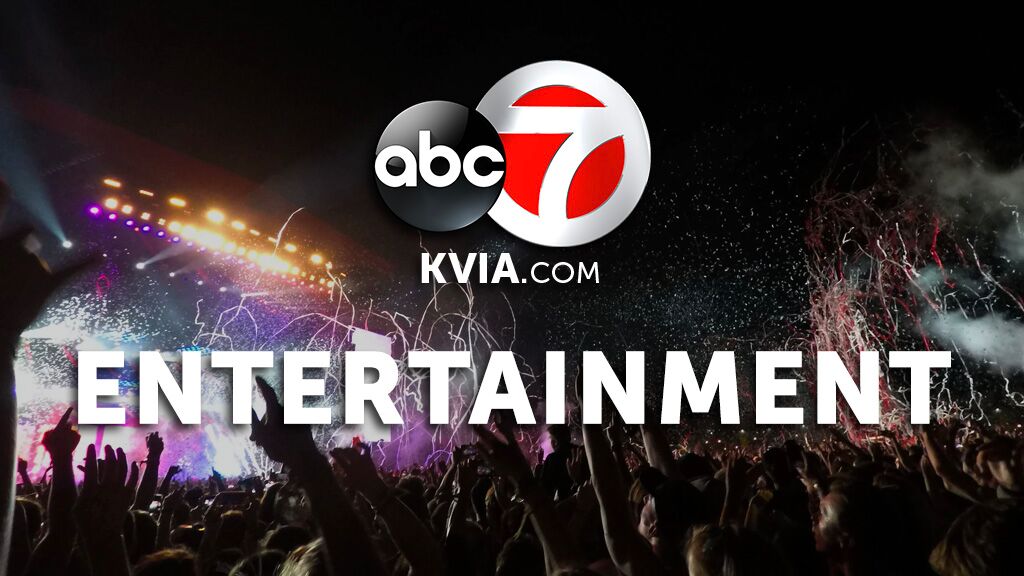‘Charlie’s Angels’ isn’t enough fun to earn its wings

“Charlie’s Angels” has just enough fun with the premise to be tolerable, and not enough to justify a reboot that nobody really needed. This latest big-screen spin on the 1970s TV series brings playfulness and a stronger feminist streak courtesy of writer-director-co-star Elizabeth Banks, but it lacks the consistency to earn its wings.
Lest anyone forget, the original series was associated with a brand of TV escapism derisively dubbed “jiggle TV,” back when there were only three networks, men’s magazines still came in plain brown wrappers and “lady detectives” was deemed an exotic concept.
Since then, there were both TV remakes and a pair of movies in the early 2000s, which only adds the burden of whether this effort gains much — or feels more empowering — by having a woman in the driver’s seat.
The answer is mixed at best. To her credit, Banks incorporates plenty of callbacks, while expanding the globetrotting spy caper aspects in a more James Bond-ian (or Jane Bond) way. She has also made the Angels a kind of sprawling secret organization — think U.N.C.L.E., not the boutique operation that it has historically been.
At the same time, the tone, like the locales, is all over the map. The overall template, in fact, is less “Charlie’s Angels” than a hodgepodge of movie clichés — foremost a buddy action pairing, plus an everywoman thrown into a perilous situation that involves being enlisted to fight a shadowy threat.
The mismatched heroines would be Sabina (Kristen Stewart, clearly the biggest name on the marquee), a free-spirited sort who provides much of the comic relief; and Jane (newcomer Ella Balinska), a more dour, inward sort, whose solution to most situations is to shoot first and ask questions later.
The assignment involves assisting a corporate whistleblower, Elena (“Aladdin’s” Naomi Scott), who is endangered after devising a corporate energy source that also has a potentially deadly application. Dragged into their world, Elena becomes both the de facto third member of the team and a fresh set of eyes to all the dazzling heroics and gadgetry.
Banks doesn’t scrimp on the action, and there’s some impressive stunt-work in these exploits. In addition to her own appearance, she also surrounds the central trio (two-thirds of which are British) with some welcome players, among them Patrick Stewart and Djimon Hounsou, while keeping the audience guessing about the main villain’s identity.
There’s an unevenness, however, to the banter and bickering, and the same mostly applies to the action sequences. The film does end a bit stronger than it begins — boding better for a sequel, in the unlikely event one is warranted — although by then most of the goodwill has been exhausted.
In some respects, “Charlie’s Angels” wrestles with the same issues that have bedeviled other TV-to-movie leaps — “The Wild Wild West” comes to mind — which must take on a certain level of bloat to validate the upgrade, in a way that separates them even further from the original source.
The result has fleeting moments. Yet if the goal was to breathe life into “Charlie’s Angels” for a new generation, to borrow a line from its old TV era, sorry, Charlie.
“Charlie’s Angels” premieres Nov. 15 in the US. It’s rated PG-13.
